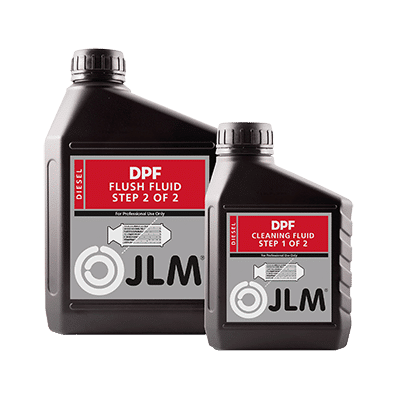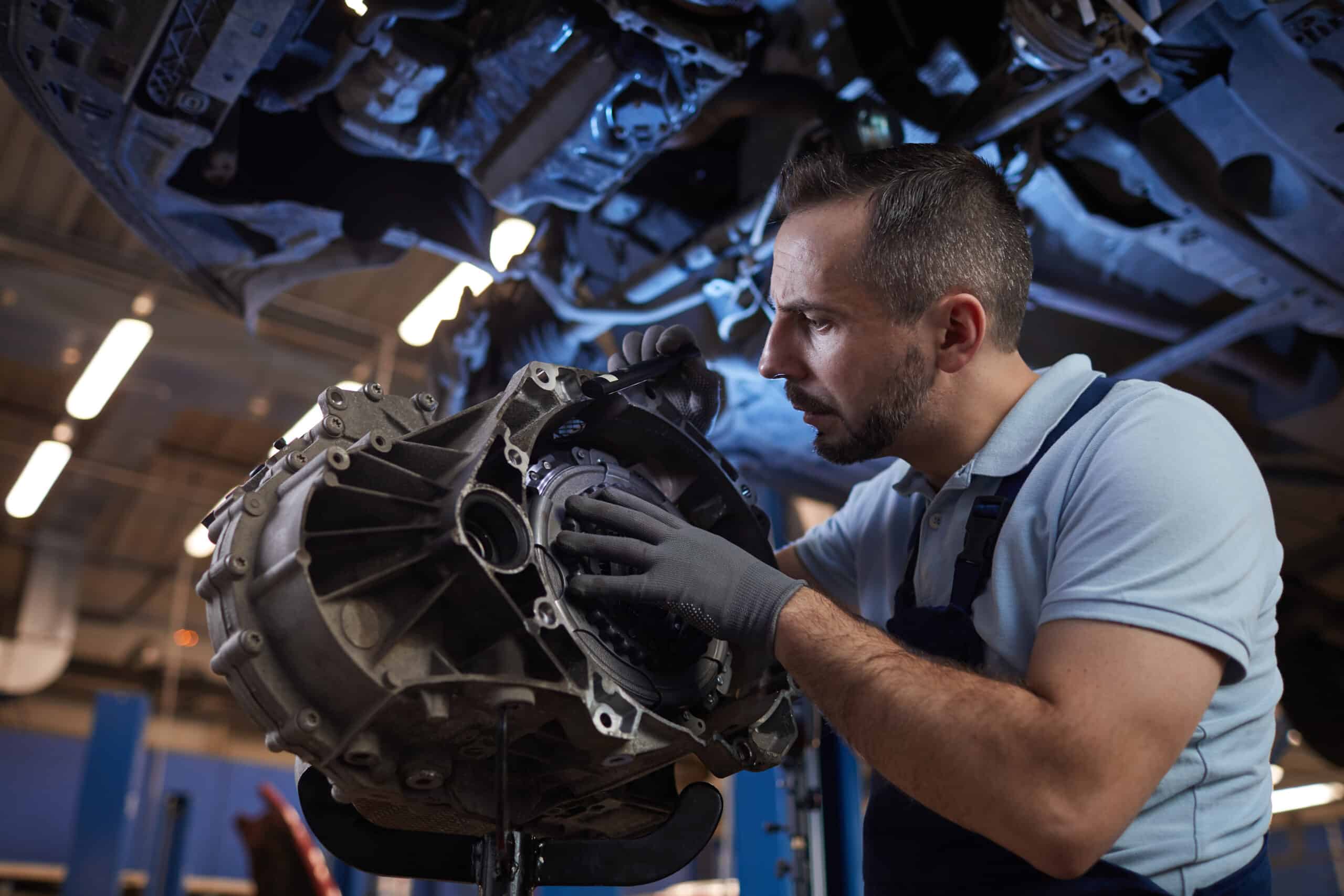In combination with the JLM Diesel DPF Cleaning Toolkit, the JLM Diesel DPF Cleaning & Flush Fluid Pack cleans very dirty diesel particulate filters without dismantling and saves the motorist significant cost.
Product information
Once a diesel particulate filter is totally clogged with deposits it often has to be completely replaced. Depending on the car make and model, a new diesel particulate filter, including dismantling and fitting, can easily cost 1000 euros and in some cases up to 5000 euros.
Cleaning and restoring diesel particulate filters with JLM Cleaning & Flush fluid is more economical than replacing the diesel particulate filter and saves time as well as money. The workshop can completely clean the diesel particulate filter in a maximum of one hour, without the filter having to be dismantled.
In addition to soot, grease and dirt from burned engine oil also accumulate in the diesel particulate filter as a result of incomplete regeneration. The JLM Diesel DPF Cleaning & Flush Fluid Pack comprises a highly concentrated cleaner and an effective flush fluid. The first fluid is a strong pre-soaking cleaner that pre-treats and loosens the soot and grease in the diesel particulate filter.
After loosening the dirt in the diesel particulate filter, the flush or rinsing fluid flushes the filter until it is thoroughly clean. This disperses dirt and soot particles throughout the diesel particulate filter, pulling them apart from each other. As a result of this, the diesel particulate filter is thoroughly cleaned during forced regeneration.
HOW TO USE
Use for passenger cars fitted with diesel particulate filters (DPF/FAP) and light commercial vehicles with similar engines. Direction: see instruction manual and instruction video, professional use only.
Frequently
asked
questions
These are the most common questions we get.



